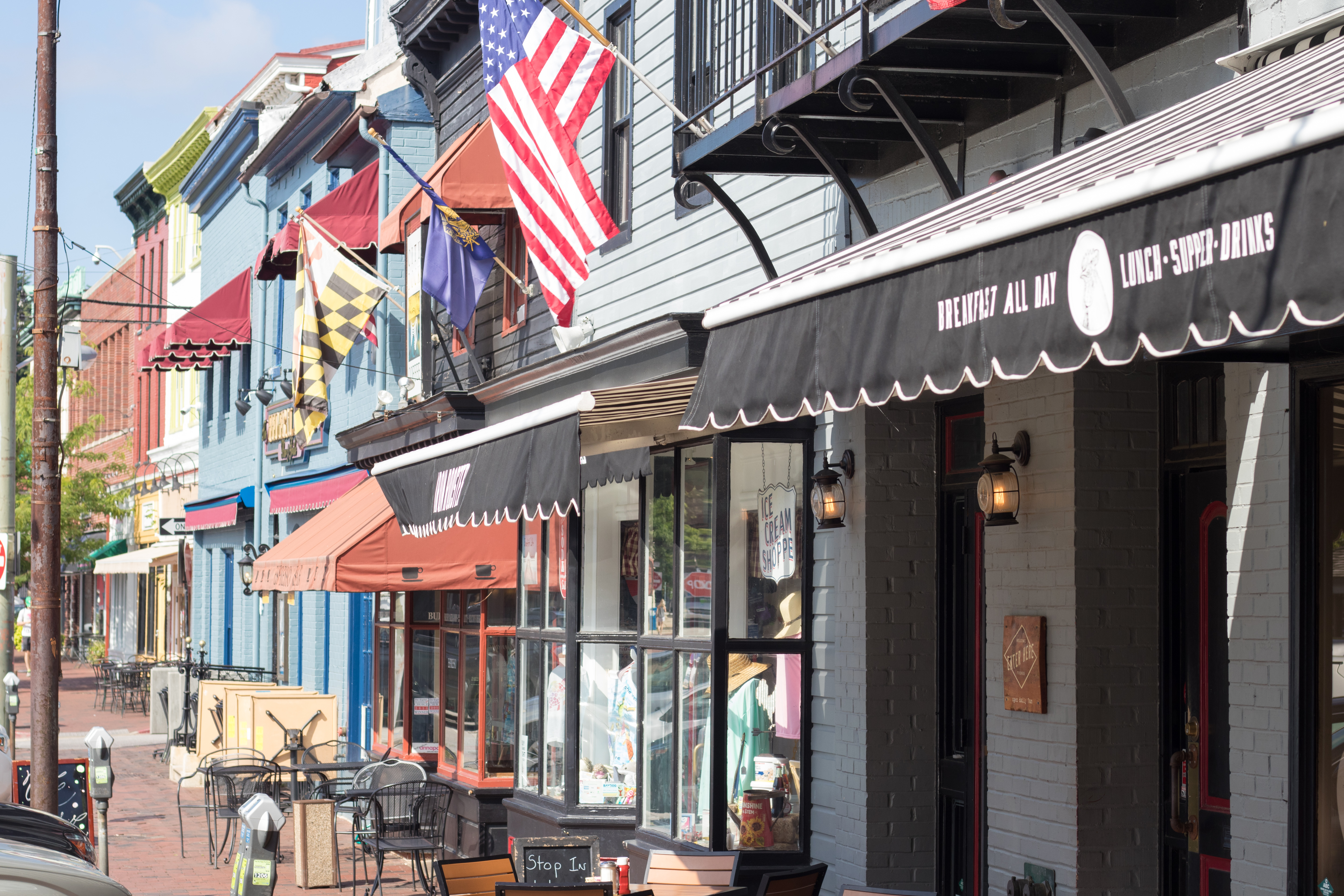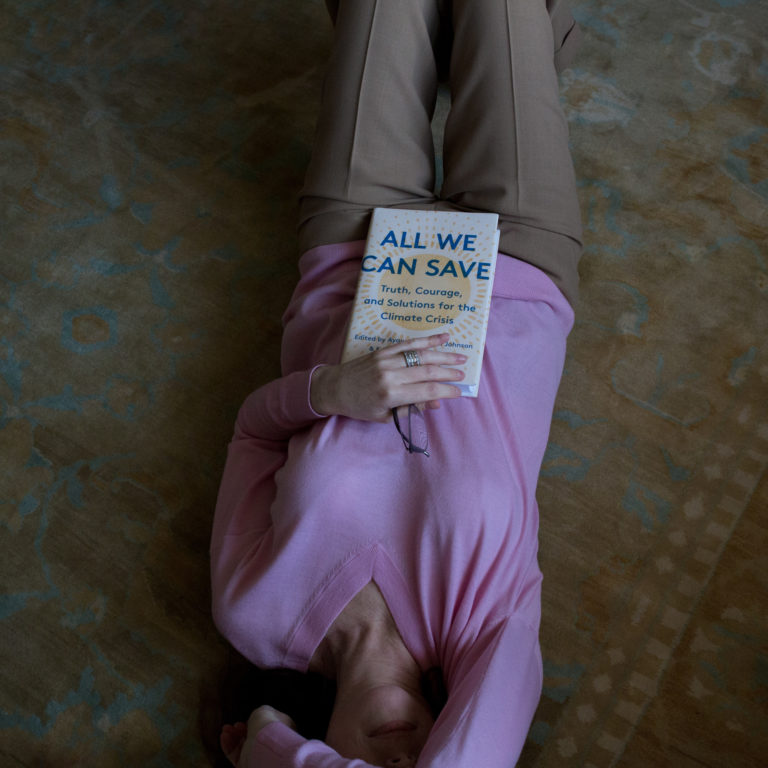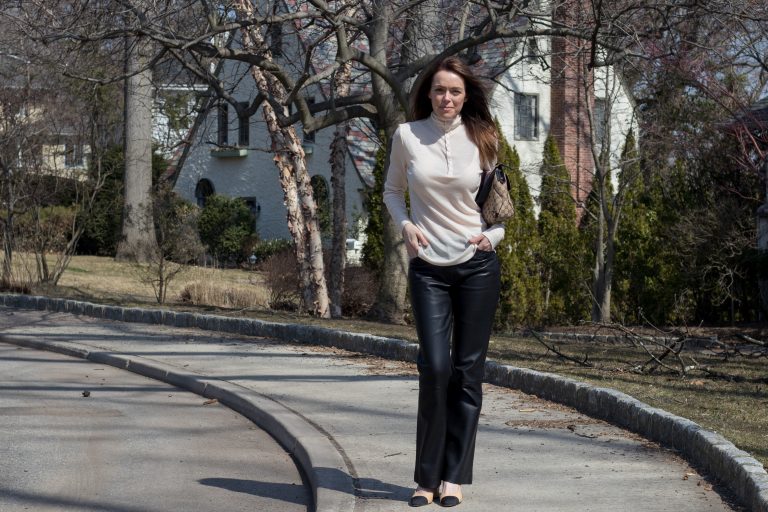The coronavirus has magnified horrific inequalities across the United States. For many in the U.S, the hope of achieving the American Dream was wiped out a few months into lockdown.
Now six months on, after just one $1,200 cheque from the federal government, the American people are left swinging in the wind. In particular low-income families who are disproportionately Black, Brown and Indigenous, have been abandoned. They face the highest unemployment, eviction and starvation while politicians argue over a meagre stimulus of $600 a week. The harsh realisation isn’t so much that racism exists, but rather the monumental scope and depth of its existence. And so, “American exceptionalism” is exposed as the sustenance of White Capitalism.
Generally speaking, all of us in the global north are indoctrinated into capitalism from birth. We have this steadfast confidence that to be successful, you only need to do one thing – work really hard. No country pushes this doctrine quite as optimistically as the land of the free, home of the brave – The United States of America is where you’ll hear talk about, freedom and justice for all – the leader of the free world – most powerful nation on earth – And other thread-bare American tropes. You would be hard-pressed actually to find these things today.
When George Floyd was murdered by police, in broad daylight, slowly, deliberately and knowingly on camera, the whole world saw it. This time the police killing of a Black man was different because we were already in lockdown from our regular lives. Consequently, White wilful ignorance was also in lockdown. There was simply no avoiding the truth of that day. But then it happened again and again and previous brutal murders by police were coming to light. Day after day another Black father, sister, brother, daughter, son, husband, love – is stamped out of existence. For most White people a shocking realisation shortly followed. This murder isn’t an anomaly, one bad apple, poor training or as the racist-in-chief Trump put it recently, an officer “choking”. No this is systemic racism deeply embedded in an over-funded and over-protected prison industrial complex. Those officers knew they were being watched but they didn’t care. Why is that?
Black protesters were joined by outraged White allies and the COVID pause of 2020 morphed into the 2013 Black Lives Matter movement. From then on everything turned back to systemic racism. Racist health care, redlining housing and schooling, racist jobs and huge pay disparities and of course the climate crisis – totally racist. In my mind, everything always comes back to the environment because this is where all life intersects. As the human race, we’re part of an intricate eco-system and for it to work in a healthy manner, all people must be treated equally without exception.
It would stand to reason that a sustainable planet for humans and animals is the first priority of our elected leaders. However, until recently, the U.S government’s only concern was a growing economy and low unemployment figures. Jobs and the stock market were measures of prosperity. Never mind the stock market, half the population need two or three jobs just to survive. I suppose if we hope for awareness and movement towards a better future this trifecta of crisis is fortunate. Evidently catastrophic climate change, systemic racism and COVID all at once are what it takes to recalibrate our leader’s priorities. Finally, the powers that be (excluding Trump obviously) understand that without climate justice and systemic reform the economic recovery is a Sisyphean task.
Last week Joe Biden announced a $2 trillion climate-driven economic recovery plan. You can read the New York Times article and watch the video of his team’s plan here.
What are Environmental Racism and Classism?
Black, Brown, Native and Indigenous people have been disproportionately harmed by pollution since the beginning of the industrial revolution. Polluting factories, fracking, gas and oil industries routinely build facilities in low-income communities where it’s cheaper and there’s little chance of repercussions. Where residents are often given no choice but to take jobs with the very corporations harming them. It’s no coincidence that these communities are predominantly BIPOC when it’s White people who own the factories. This is environmental racism.
Impoverished and under-educated rural communities of White folks are also deliberately chosen by polluting corporations, for their lack of political clout. Companies like DuPont and 3M knowingly dump highly toxic forever chemicals where they expect little to no resistance from the residents. The movie Dark Waters which was produced by Mark Ruffalo accurately depicts these true events. That is environmental classism.
Extraction and destruction of natural resources have built and funded an exceptional life for the elite few. The rest of the world’s population keeps it all afloat either by their labour or their spending and often both. Capitalism is owned and run by the White Patriarchy and this is how it works. To understand that system, you must realise it is racist.
“Race is the child of racism, not the father” Ta-nehisi Coates
Tackling Climate Equality from the Bottom Up
The world finds itself at a critical timeline of the climate crisis. Pre-pandemic Cop26 was scheduled in Glasgow next month but has been postponed to 2021 for obvious safety reasons. Of course, this doesn’t mean the climate crisis has also paused. We have no choice but to take this gap year and galvanise our respective populations and governments. Educate ourselves and vote on policies that will serve to speed up the process at that next meeting. So what is the next step?
It would appear on the face of things our saviour is big business. And while billionaires have flourished over the past six months of the pandemic, it only proves how inhumane and ruthless the private sector can be. Billionaires like Jeff Bezos could end homelessness, provide healthcare and childcare for all and build green infrastructure just by paying their fair share of taxes. Let’s look at some numbers.
Jeff Bezos pays a lower tax rate than someone earning $7.25 an hour which clearly is not a living wage. According to Forbes, Jeffery’s net worth is $145 billion – if he were taxed fairly he’d pay about $9 billion. From March to June of this year Jeffreys wealth increased by $48.6 billion. Despite the universal benefit to society of paying proper tax, Bezo and his billionaire buddies prefer to build philanthropic tax havens. Rather than contribute to government-funded social systems. Arguably a hypocritical tactic that allows the wealthiest people to decide where the money is spent and how much they “donate”. Obviously, this unique privilege comes with plenty of perks like greenwashing or otherwise unethical business practices. Amazon the company, has a greater carbon footprint than Switzerland the country. In fact, Amazon flourishes on a business model of continuous consumption which is a direct contradiction to the green cause. What’s more, through philanthropy, billionaires are able to mould politics by stealth. In other words, they advance self-serving policies via politicians and elections, under the radar of public scrutiny. In the case of Bezos, here’s one example reported by VOX in 2018, when the donation to a homeless shelter had strings attached – I’d call this empathywashing.
[ Amazon opposes policies that would alleviate homelessness, even as Bezos donates to organizations that help the homeless This philosophy explains why, despite supporting organizations like Mary’s Place, Amazon was instrumental in killing a bill in its home city of Seattle that would have taxed local businesses in order to fund affordable housing projects that keep people from becoming homeless in the first place. The bill, which the Seattle City Council unanimously passed in June, would have placed a $275-per-employee tax on local businesses making more than $20 million a year — businesses like Amazon. (Amazon declined to comment on the record, but an Amazon spokesperson did clarify that the Day 1 Fund is Bezos’s private philanthropic project and is therefore independent of Amazon.)
It should have been a success story. Instead, the City Council repealed the bill less than a month after it passed. Local lawmakers and community organizers said Amazon was the culprit. Before the bill passed, Amazon announced it was halting construction on a new project called Block 18. After the bill passed, Amazon donated $25,000 to a committee called No Tax on Jobs, which was created with the express purpose of repealing the tax through a referendum; Bring Seattle Home, the pro-tax group that formed before the bill passed, had raised just $30,000 from all donors, according to the Atlantic. Rather than facing a referendum, the City Council voted to repeal the bill.
After the repeal, Amazon was jubilant. “Today’s vote by the Seattle City Council to repeal the tax on job creation is the right decision for the region’s economic prosperity,” Drew Herdener, an Amazon vice president, told the Atlantic in a statement. “We are deeply committed to being part of the solution to end homelessness in Seattle and will continue to invest in local nonprofits like Mary’s Place and FareStart that are making a difference on this important issue.”
It’s worth noting that Amazon’s partnership with Mary’s Place may not be as rosy as it seems, according to a May report by Slate’s April Glaser. Current and former Mary’s Place employees said that in exchange for “its connection with its wealthy neighbour,” Mary’s Place “tolerated major logistical nuisances to the detriment of its staff and clients” and “seemed to prioritize optics over a thoughtful approach to philanthropic giving.” ]
If we allow the corporate elite to lean into green initiatives we risk sliding down the for-profit rabbit hole. While making money isn’t the issue so much as putting profit before workers’ rights and everyone’s quality of life. Most billionaires have form – There are very few ways of personally accumulating a billion dollars. Exploiting your workers and controlling a monopoly are two of them, neither of which have a place in the green recovery. There is a simple solution that will put the money back into the hands of our collective society. A progressive estate tax on the fortunes of the top 0.2 per cent of Americans would collect $2.2 trillion from 588 billionaires. By restructuring the taxation system, closing loopholes that allow tax havens and forcing the mega-rich to pay their fair share the money goes back into wider society. This way democracy can choose where the money goes, such as supporting small businesses and community-owned infrastructure.
Sources: UN Climate Change Conference VOX New York Times The Guardian BBC Dupont documentary The Nation
A note on why I capitalize the W in White people – This spring, the Center for the Study of Social Policy, in a statement by two nonwhite staff members, announced that it would follow the American Psychological Association’s style rules, and helpfully elaborated its reasoning. See below…
“To not name ‘White’ as a race is, in fact, an anti-Black act which frames Whiteness as both neutral and the standard … We believe that it is important to call attention to White as a race as a way to understand and give voice to how Whiteness functions in our social and political institutions and our communities. Moreover, the detachment of ‘White’ as a proper noun allows White people to sit out of conversations about race and removes accountability from White people’s and White institutions’ involvement in racism.”











Comments ( 4 )
Cath Clarke
Thank you so very much Michelle for opening my eyes to what is happening -selfish greed in action – to the demise of the incalculable value of each and every human. I knew there was a very good reason why I have never signed up to Amazon.
Keep up this important investigative work.
MT
Hi Cath, thank you for reading and leaving such a positive comment. I must admit I was a bit worried how this one would go down when I hit publish.
Angie
Hi, Michelle – Wow, well-spoken/written and excellent post! I’m keeping my heart and mind focused on seeing great changes to begin next year. With hope for our future – Angie, http://www.yourtrueselfblog.com
MT
Hi Angie, thank you for this comment. I’m very hopeful for the changes that are surely coming, never complacent though 😉